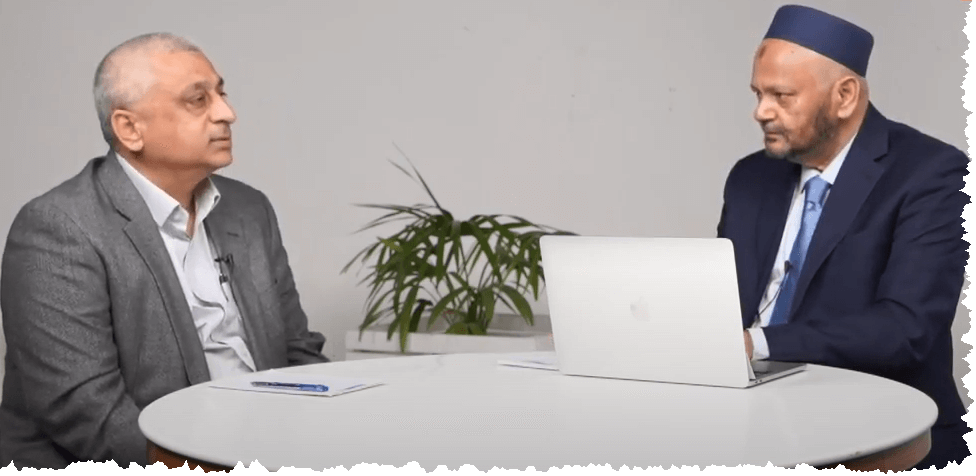Do we need Corruption Perceptions’ Index or Broadsheet to understand the level of corruption in Pakistan? The media’s obsession with “revealing” what we already know is not journalism, but rather the hawking of a commodity, like vendors with their wares on Saddar or Burn’s Road’s sidewalks.
Advocates of reform should reflect on the origins, forms, and effects of corruption and examine our internal stakeholders’ roles, including those of politicians, feudal and tribal lords, the bureaucracy, business cliques, external actors, western multinational companies and international financial institutions.
Discussion about the reform of corruption is almost always conducted in the context of a ‘governance’ framework. It involves optimistic expectations of both economic and political liberalisation because of the belief that this would reduce corruption. It is also assumed that public sector corruption can be mitigated by reducing the size of the government. In theory, liberal, pluralist politics, a free press, competitive party politics, and the revival or creation of independent institutions can reduce corruption, and make it more vulnerable to exposure. Today, administrative affairs grapple with leakages in the public delivery of welfare and development goals based on one critical problem — manual processes that can be very easily manipulated. These are often so complex and laborious that even a well-intentioned public servant is, on occasion, chary of implementing beneficial decisions. Technology can cut through much of these daunting processes.
In the recent discourse on procurement methods, transparency of policy, procedure, and practices are increasingly imperative when utilising public money. However, transparency is not an end in itself. The whole process must be open to public scrutiny.
Improving infrastructure and essential services is a central task in Pakistan’s growth and development agenda. Despite the importance of private sector participation, the government plays a defining role in planning, financing, executing, and overseeing key infrastructure projects and service delivery. This reality puts a premium on the efficient and transparent management of public investment, especially in light of the considerable technical, administrative, and political challenges and vulnerability to corruption and rent-seeking associated with large public works. The recent spate of corruption scandals surrounding public procurement and infrastructure projects in Pakistan underscores this agenda’s urgency. The emergence of new digital technologies offers governments and citizens powerful tools to improve public investments’ transparency and efficiency.
The impact of transparency initiatives can be multiplied by facilitating “citizen feedback.” This communication channel from citizens to the government provides valuable information that officials can leverage to improve the management of particular projects and offer more general data on the preferences and priorities of different groups of citizens to inform future investment planning. Governments should also encourage feedback from specialised groups by targeting academics and civil society, especially in technical areas such as project appraisal and ex-post evaluations. Soliciting and responding to citizen feedback — and publishing the response — is a powerful way for governments to build trust with the public.
Despite considerable theoretical and empirical evidence, the government is still hesitant to devote resources to develop technology-enabled transparency initiatives. Generating data about such interventions’ impact is crucial for consolidating support for them and justifying future investments in this area. Projects should therefore be designed to include robust impact evaluations.
We don’t have a magic wand to get rid of corruption. However, our government can open its books to the citizens because when every Pakistani is an ombudsman, it will be harder for thieves to steal from us.




